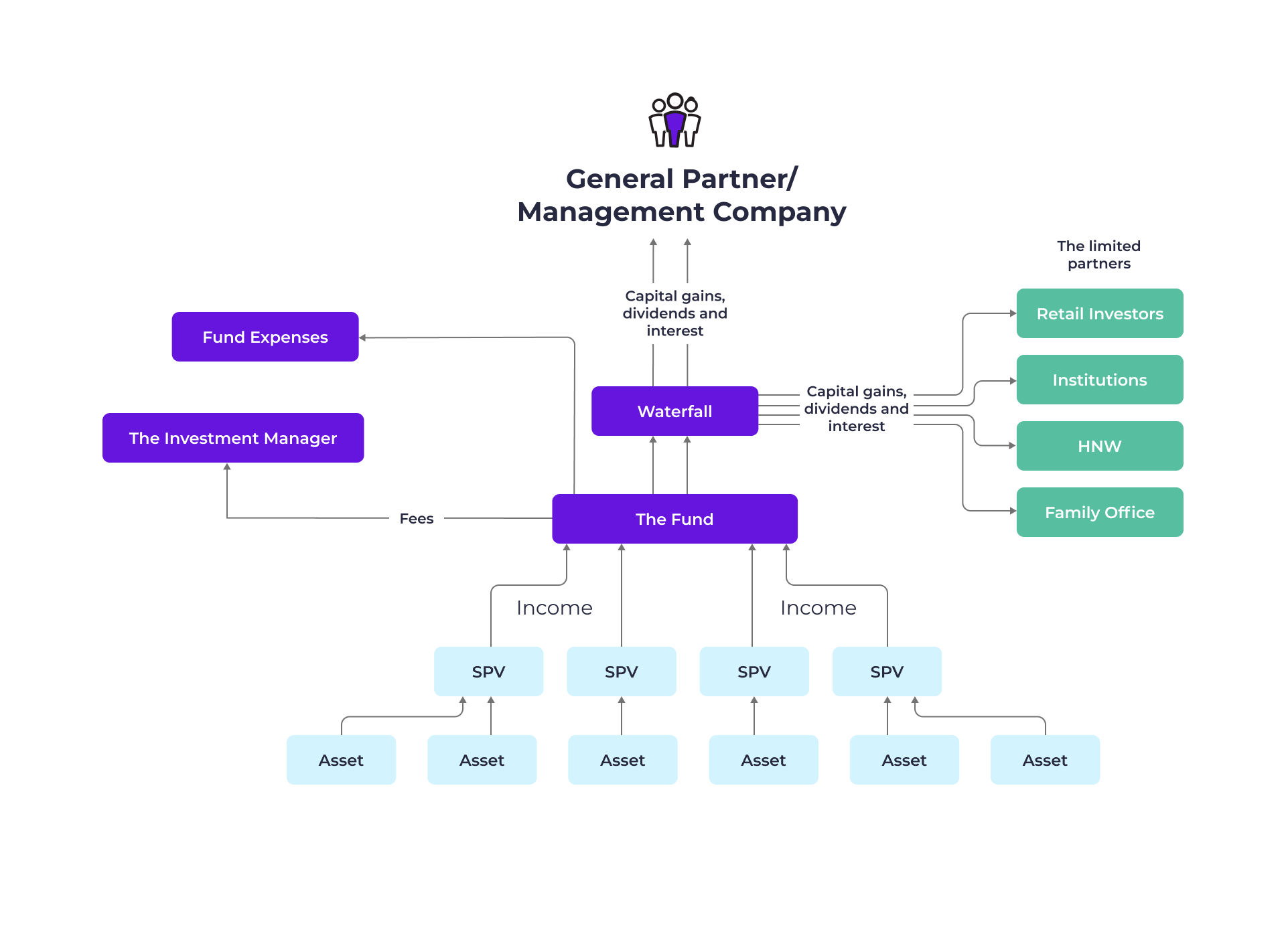In the modern world of private investment funds, managing the complexities and operational demands can be a daunting challenge, especially when considering the increasingly complex processes involved in fund accounting and investor relations. This is where the distinction between managing these tasks in-house versus enlisting the expertise of a specialized third-party fund accounting firm becomes critical. An experienced and well-equipped third-party fund accounting firm is better suited to support the needs of a modern investment fund than an in-house team for a number of reasons.
Investor Comfort
For many fund management firms, the decision to outsource fund accounting tasks, such as the calculation of Net Asset Values (NAVs) and the production of allocation schedules, is influenced by two primary factors: investor confidence and operational efficiency. Investors generally find comfort in knowing that an independent third-party fund accounting firm is responsible for these critical functions. This external validation enhances the credibility of the fund, reassuring investors that their investments are managed with integrity and transparency. Many legal documents and Limited Partnership Agreements (LPAs) explicitly require that fund accounting calculations be outsourced to third-party specialists. This not only instills a higher level of trust among investors but also reflects a fund’s commitment to best practices and operational excellence.
Cost Considerations
On the operational front, smaller firms, in particular, may find the prospect of staffing an in-house team for fund accounting to be daunting and cost-prohibitive. The primary focus of these firms is to raise capital and invest it effectively, rather than diverting resources to managing complex administrative tasks. Outsourcing fund accounting enables these firms to leverage the expertise of specialists without the overhead associated with building and maintaining an internal team. This approach allows fund managers to concentrate on their core competencies: identifying investment opportunities and maximizing returns for their investors.
Accounting Complexities
The complexity of modern investment funds significantly complicates fund accounting challenges. Today’s funds often involve intricate structures, such as multiple layers of subsidiaries or special purpose vehicles (SPVs), and complex distribution waterfalls that require precise calculations. Mistakes in these calculations can lead to significant issues, including investor dissatisfaction and regulatory scrutiny. The expertise of a third-party fund accounting provider, adept at navigating these complexities, is invaluable. These firms possess the specialized knowledge and technology to handle complex fund structures and distribution models, ensuring accuracy and compliance with regulatory standards.
Multiple Investor Classes
The nature of investors participating in funds has evolved. Institutional investors bring a set of requirements from fund management that significantly increases the complexity of fund accounting. These investors often demand customized reporting and may have specific conditions tied to their investments, such as unique fee structures or side letter agreements. Meeting these demands requires a level of flexibility and expertise that third-party fund accounting is specifically equipped to provide. They have the tools and systems in place to accommodate the diverse needs of both institutional and retail investors, ensuring that all parties receive the tailored service and information they require.
Fund Accounting Technology
In addition to operational and compliance complexities, the technological demands of fund accounting for a modern fund must not be underestimated. Robust and flexible fund accounting software, with advanced report writing tools, streamlines essential process, from financial statement preparation to investor reporting to online access to investment information. Third-party fund accounting firms invest heavily in these technologies, offering a level of sophistication and reliability challenging for in-house teams to replicate. Advanced fund accounting technology not only improves efficiency and enhances the quality of the information provided to investors and stakeholders, it frees fund management to pursue strategic opportunities regardless of the fund accounting implications they entail.
While the option to manage fund accounting tasks in-house may seem appealing to some, the realities of the modern investment landscape suggest a different approach. The expertise, efficiencies and technological capabilities that specialized third-party fund accounting firms bring to the table offer a compelling value proposition. By partnering with fund accounting specialists, fund management firms can focus on their investment strategies, secure in the knowledge that the operational complexities are in capable hands. This not only bolsters investor confidence but also positions the fund for success in a competitive and ever-evolving market.





